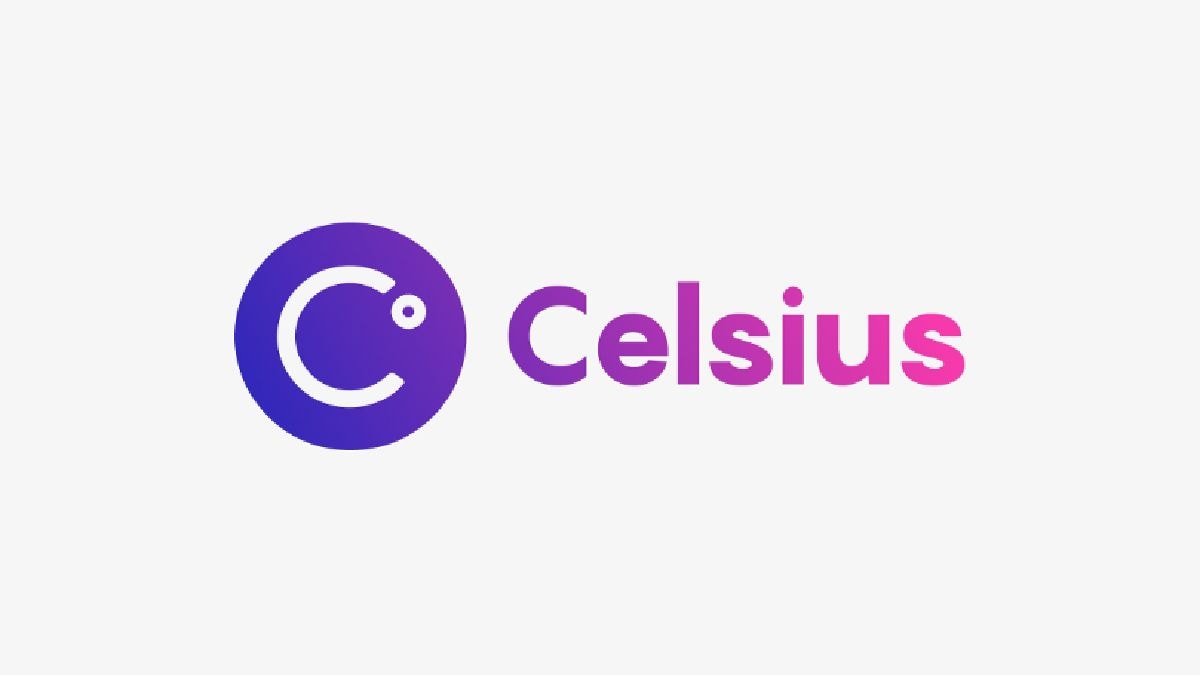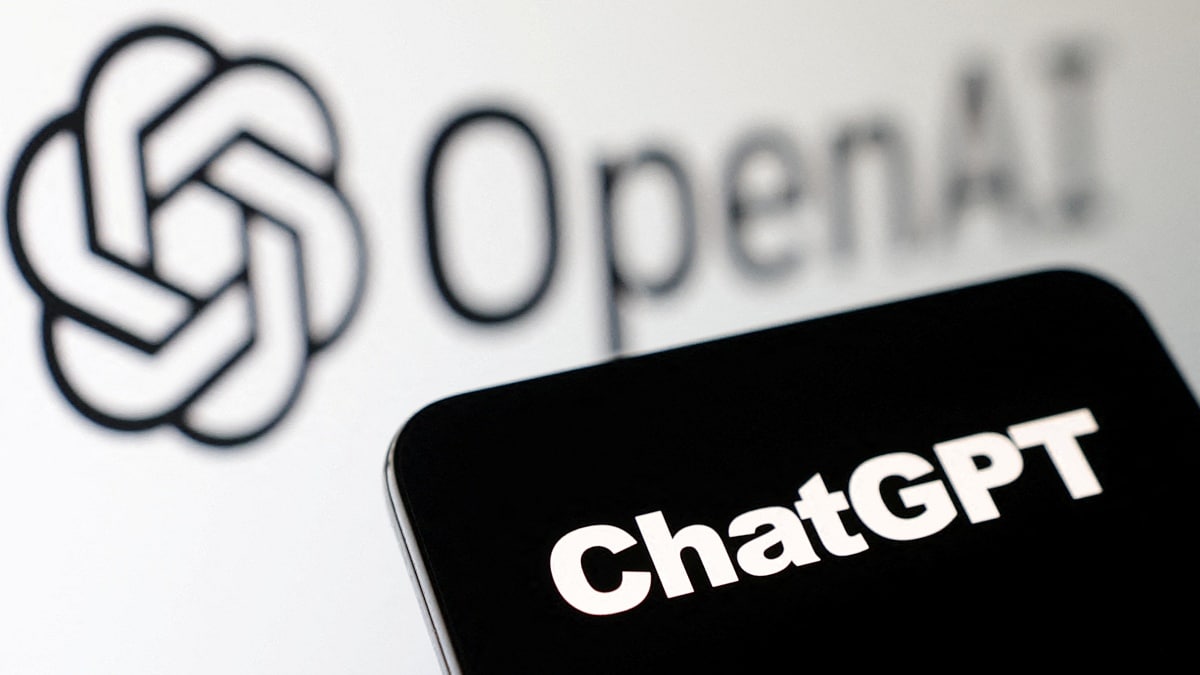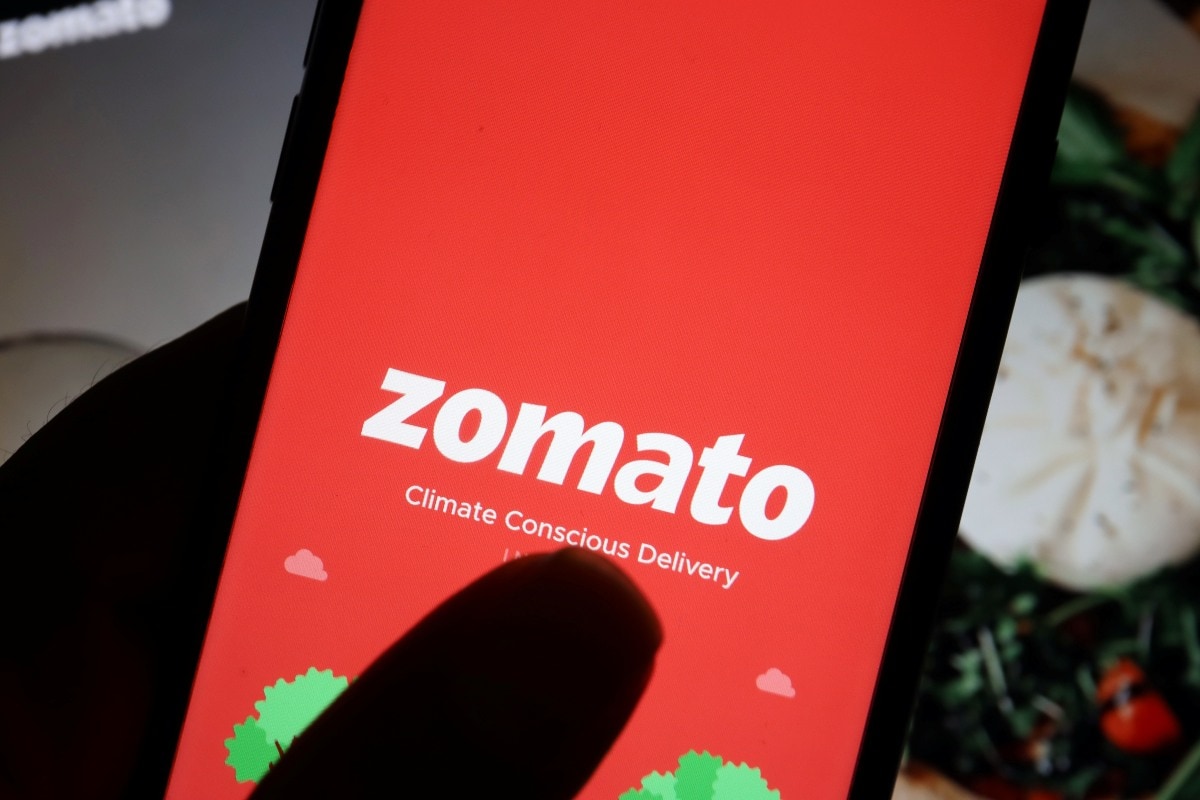Gadgets And Technology Daily News | 14 Jul 2023

Views (118)

Britain’s Antitrust Watchdog Announces In-Depth Probe of Adobe’s $20 Billion Figma Deal

Britain's antitrust regulator on Thursday announced an in-depth probe of Adobe's $20 billion (roughly Rs. 1,64,216 crore) bid for cloud-based designer platform Figma, after the Photoshop owner said it would not offer any remedies to ease the regulator's concerns.
The Competition and Markets Authority (CMA) said late last month it had found the deal could lead to less choice for designers of digital apps, websites and other products, and identified concerns in the supply of screen design software, where the companies compete.
It had given Adobe five working days to submit proposals to address its concerns. But on July 7, the US company told the CMA it would not offer any remedies, the CMA said on Thursday.
Figma and Adobe both directed Reuters to the companies' response in June, when the regulator had flagged these concerns.
"We look forward to establishing these facts in the next phase of the process and successfully completing the transaction," a spokesperson for Adobe added.
An in-depth, or phase two, probe by the CMA is conducted by an inquiry group selected from independent experts. The CMA has until December 27 to conclude its investigation.
Figma's web-based collaborative platform for designs and brainstorming is hugely popular among tech firms including Zoom Video Communications, Airbnb and Coinbase.
Adobe announced a cash-and-stock deal for Figma in September. It has said it expects to close the deal by end of this year, as US and EU regulators also probe the deal.
EU antitrust regulators will decide by August 7 whether to clear the acquisition.
© Thomson Reuters 2023
Celsius Founder, Former CEO Arrested Over Fraud Charges as SEC Sues Crypto Firm

Alex Mashinsky, the founder and former CEO of bankrupt cryptocurrency lender Celsius Network, was arrested and charged with fraud, a US prosecutor in New York said Thursday morning, as three federal regulatory agencies sued him and his company.
Mashinsky, 57, was charged with seven criminal counts — including securities fraud, commodities fraud and wire fraud — while Celsius' former chief revenue officer, Roni Cohen-Pavon, was charged with four criminal counts, according to the indictment, which was unsealed on Thursday.
Lawyers for Mashinsky and Celsius did not immediately respond to requests for comment, and Cohen-Pavon's attorney could not immediately be reached.
The US Attorney's Office in Manhattan said it would hold a press conference to provide details on the charges against Mashinsky and Cohen-Pavon.
Mashinsky and Cohen-Pavon were charged with market manipulation of the Hoboken, New Jersey-based company's crypto token, known as Cel, as well as a fraudulent scheme to manipulate the price of the cryptocurrency and wire fraud related to the manipulation of the token, according to the indictment.
In a related development, the US Securities and Exchange Commission sued Mashinsky and Celsius on Thursday, according to a court filing, alleging he and Celsius raised billions of dollars through the sale of unregistered crypto asset securities and misled investors about the financial success of the company.
The US Commodity Futures Trading Commission and the Federal Trade Commission also filed lawsuits against Celsius and Mashinsky. The FTC said it had reached a settlement with Celsius that will permanently ban it from handling customers' assets.
The regulators accused Mashinsky and his company of touting Celsius as safe, akin to a traditional bank, even as they took increasingly risky steps to deliver high-yield interest payments on customer deposits.
While Celsius lost millions of dollars and customers raced to withdraw funds, the then-CEO and his company continued to claim Celsius was financially secure and had enough funds to meet withdrawals, regulators said.
Celsius, a New Jersey-based crypto lender, filed for Chapter 11 bankruptcy protection in July last year after freezing customer withdrawals.
Celsius was among the first in a series of bankruptcies in the cryptocurrency sector last year as token prices cratered amid rising interest rates and stubbornly high inflation. It filed for bankruptcy shortly after Singapore-based crypto hedge fund Three Arrows Capital and rival crypto lender Voyager Digital did the same.
The SEC's lawsuit said Celsius and Mashinsky raised billions of dollars from investors through "unregistered and fraudulent offers and sales of crypto asset securities" and misled investors about Celsius' financial success.
The agency said Celsius engaged in "risky trading practices" and made uncollateralized loans, despite telling investors that it did not. The company also falsely claimed to have raised $50 million (nearly Rs. 410 crore) from selling its token, and claimed to have 1 million active users when in fact it had only around 5,00,000 depositors, many of whom were no longer active, the SEC said.
The regulators' lawsuits add to a series of challenges for Celsius Network and its founder. In January, New York state's attorney general sued Mashinsky, alleging he defrauded investors out of billions of dollars in digital currency by concealing the lending platform's failing health.
The crypto industry has been on shaky ground since the SEC's lawsuits against major crypto exchanges Binance and Coinbase Global last month raised risks of further regulatory challenges for the sector.
Mashinsky is a serial entrepreneur, having founded eight companies, including telecommunications provider Arbinet, which went public in 2004, and Transit Wireless, which provides Wi-Fi to New York City's subway.
© Thomson Reuters 2023
US FTC Opens Investigation Into ChatGPT Maker OpenAI, Claims Firm Broke Consumer Protection Laws: Report

The US Federal Trade Commission has opened an investigation into OpenAI, the maker of ChatGPT, on claims it has run afoul of consumer protection laws by putting personal reputations and data at risk, the Washington Post reported on Thursday.
The reported move marks the strongest regulatory threat to the Microsoft-backed startup that kicked off the frenzy in generative artificial intelligence, enthralling consumers and businesses while raising concerns about its potential risks.
The FTC this week sent a 20-page demand for records about how OpenAI addresses risks related to its AI models, the Post said, citing a document. The agency is investigating whether the company engaged in unfair or deceptive practices that resulted in "reputational harm" to consumers, the newspaper added.
The FTC and OpenAI did not immediately respond to Reuters' requests for comment.
As the race to develop more powerful AI services accelerates, regulatory scrutiny is growing of the technology that could upend the way societies and businesses operate.
Global regulators are aiming to apply existing rules covering everything from copyright and data privacy to two key issues: the data fed into models and the content they produce, Reuters reported in May.
In the United States, Senate Majority Chuck Schumer has called for "comprehensive legislation" to advance and ensure safeguards on AI and will hold a series of forums later this year.
OpenAI had in March also run into trouble in Italy, where the regulator had ChatGPT taken offline over accusations that OpenAI violated the European Union's GDPR - a wide-ranging privacy regime enacted in 2018.
ChatGPT was reinstated later after the US company agreed to install age verification features and let European users block their information from being used to train the AI model.
© Thomson Reuters 2023
Mission: Impossible – Dead Reckoning Part One Collects Rs. 12 Crore in India on First Day of Release

Tom Cruise enjoys a huge fan following in India. The day one collection of his new film Mission: Impossible – Dead Reckoning Part One is proof of this fact. As per reports, the seventh part of the action-packed drama franchise minted over Rs. 12 crore in all languages in India on the opening day. Christopher McQuarrie has directed the spy action film, which also stars Hayley Atwell. The film follows a 60-something Ethan Hunt (Tom Cruise) and his IMF team as they work to take down a mysterious, all-powerful artificial intelligence force called 'The Entity'.
Variety reported that 'MI 7' is expected to make around $85 million (roughly Rs. 697 crore) to $95 million (roughly Rs. 779 crore) in North America and $160 million (roughly Rs. 1,313 crore) internationally in its first five days of release. This would result in a global opening of $250 million (roughly Rs. 2,052 crore). Mission: Impossible – Fallout currently holds the record with $61 million (roughly Rs. 500 crore), followed by 2000's Mission: Impossible II with $57.8 million (roughly Rs. 474 crore), as per Variety.
'MI 7' faced many setbacks caused by COVID-19 during its multi-year shoot. Filming was put on hold at least five times due to the pandemic, with Cruise and writer-director Christopher McQuarrie ultimately contracting the disease themselves, and audio of Cruise insisting that the crew abide by COVID restrictions went viral. The film finally hit theatres on July 12.
On Returning to the 'Mission Impossible' franchise, Cruise told The Hollywood Reporter, “We talked about it. We dreamed about it. It's very, very special. On Top Gun: Maverick, they kept pushing the movie and pushing the movie, and for (McQuarrie) and I, this is such an ambitious movie. And it was a very challenging film to produce, and then everything happened, and it was even more challenging. So to have this response…is very, very special.”
When asked if he felt pressure for his latest film to perform well at the box office, Cruise said, “I'm just going to make the best films that I can make, and I want them all to perform well, and I want all of the other films to perform well." He added, “I think about a movie in terms of the quality and longevity, I invest everything in it. So, really, my job is just to try to make the best film I possibly can to entertain the audience for that particular genre." Hollywood lovers have a lot of expectations from the film as it has been released in theatres at a time when a number of summer tentpoles underperformed at the box office, including The Flash, Elemental and Indiana Jones and the Dial of Destiny.
Zomato Temporarily Halts New Users on Its UPI Platform to Incorporate Feedback

Food delivery platform Zomato on Thursday said it has temporarily paused the onboarding of new users on the Unified Payments Interface it rolled out in May to incorporate feedback.
The company said it will start enrolling new users on the app by the end of the month.
In May this year, the Gurugram-based firm launched Unified Payments Interface (UPI) services for some users in the country in partnership with ICICI Bank.
"The UPI offering has been temporarily paused for new user onboarding, only to incorporate feedback received on the onboarding flow. We will start enrolling new users by the end of the month," a Zomato spokesperson said.
UPI is a real-time payment system developed by the National Payments Corporation of India (NPCI).
The service facilitates transfer of money directly from the user's phones using a UPI PIN on supporting apps. Some of the top players offering UPI service in the country are Google Pay, Paytm and PhonePe.
Zomato launched its own Zomato UPI service in partnership with ICICI Bank, all ready to take on Google Pay and PhonePe, in May this year. The aim was to make online payments more seamless with Zomato UPI by giving users an option of using the facility without doing KYC.
To use the Zomato UPI, users need to create their UPI ID on the Zomato app. "UPI Facility offers an instant, 24X7, interbank electronic fund transfer or fund collection service to the Users of UPI member banks. ICICI Bank will provide a mobile application to the Users which will use the NPCI UPI libraries facilitating payments," said Zomato in a release at the time.
OpenAI, Associated Press Partner to Explore Generative AI Use in News

The Associated Press is licensing a part its archive of news stories to OpenAI under a deal that will explore generative AI's use in news, the companies said on Thursday, a move that could set the precedent for similar partnerships between the industries.
The news publisher will gain access to OpenAI's technology and product expertise as part of the deal, whose financial details were not disclosed.
AP also did not reveal how it would integrate OpenAI's technology in its news operations. The publisher already uses AI for automating corporate earnings reports, recapping sporting events and transcription for certain live events.
Its trove of news stories will help provide the massive amounts of data needed to train AI systems such as ChatGPT, which have dazzled consumers and businesses with their ability to plan vacations, summarize legal documents and write computer code.
News publications have, however, been slow to adopt the tech over concerns about its tendency to generate factually incorrect information, as well as challenges in differentiating between content produced by humans and computer programs.
"Generative AI is a fast-moving space with tremendous implications for the news industry," said Kristin Heitmann, AP's senior vice president and chief revenue officer.
"News organizations must have a seat at the table... so that newsrooms large and small can leverage this technology to benefit journalism."
Some outlets are already using generative AI for their content. BuzzFeed had announced that it will use AI to power personality quizzes on its site, and the New York Times used ChatGPT to create a Valentine's Day message-generator this year.
AP's "feedback — along with access to their high-quality, factual text archive — will help to improve the capabilities and usefulness of OpenAI's systems,” said Brad Lightcap, chief operating officer at OpenAI.
© Thomson Reuters 2023
0 Likes
